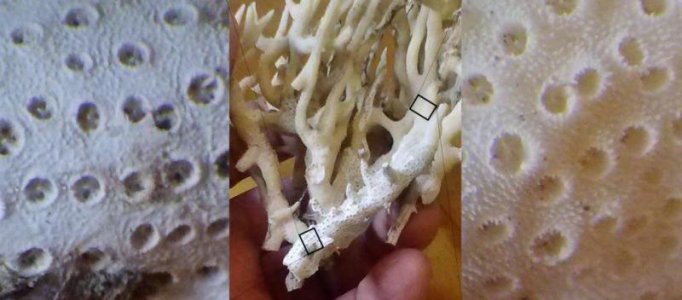Thought I'd post the parameters of the new salt water that goes into this system. I use just RO water and Austin uses chloramines so ammonia should be roughly 1 mg/l ut it has been several years since I've bothered testing tapwater for it. Other parameters are:
Alk 11 dKH
pH 8.2
Calcium 400 mg/l
Nitrate ~2 mg/l (Red Sea)
PO4 .1 mg/l (Nyos)
Mag 1600 mg/l
softies will take up a lot of the nutrients that skimmers will remove. I 100% agree you shouldn't run skimmers on tanks with mostly softies. If you have an SPS dominated tank though, you'll probably need one for nutrient extraction. (I turned off the skimmer on my 40 breeder a while ago because i've got filter feeders and gorgonians in it).. I think I ran the skimmer for about 2 months is all.
I have always found that softies do better in a skimmerless tank, I had skimmerless but was bitten in the butt when phosphates started leaching back out of the rock.
I have to disagree with some of the assumptions here. As far as the source of phosphate in a system the vast majority is introduced with animals that die or, hopefully more commonly with food. With localized pockets of low pH and various bioeroders there will always be small amounts released along the calcium, magnesium and bicarbonates released as sand and rock is dissolved but it's going to be a fraction of what's introduced with food. Corals need phosphate just as badly as any algae does and phosphate is just as important for photosynthesis in corals as it is in the other types of algae in our systems. While I prefer to think of the processes in our systems as nutrient recycling, Julian Sprung made the point in his book "Algae, a problem solving guide" that corals are an excellent source of nutrient export.
Unfortunately part of the mythos that has developed over the years around corals is the idea that the terms "softies", "LPS" and "SPS" indicate the husbandry requirements of an animal which couldn't be farther from the truth. They may be convienent colloqialisms or jargon but there's no correlation between the husbandry requirements of a species and any of those terms.
As far as nitrogen and phosphate the variable that does matter is the number of zooxanthellae a colony has. Research done decades ago showed a coral specifically removes (uptakes) ammonia for it's zooxantheallae. Corals uptake first organic forms then inorganic forms. The organic forms of nitrogen are urea and amino acids. Depending on how pure the aminio acids are there may be a significant amount of phosphate included and it seems obvious the fish poop that has urea will have inorganic phosphate, PO4, also. Zooplankton is the corals main source of organic phosphate but if they can't get it they are more than happy using PO4. What few aquarists seem to know is phosphate is the limiting nutrient for corals to use nitrogen. Being to aggressive at removing it without adding it back someway limits a corals ability to feed its zooxanthellae and when a corals becomes internally phosphate starved just slight changes in temperature and light will cause them to bleach.
From what I've read skimmers are not removing food used by corals but the DOC used by cryptic sponges which convert it into HCO3, bicarbonate, which is used by corals for photosynthesis and skeletal growth.
No, Thank You!


